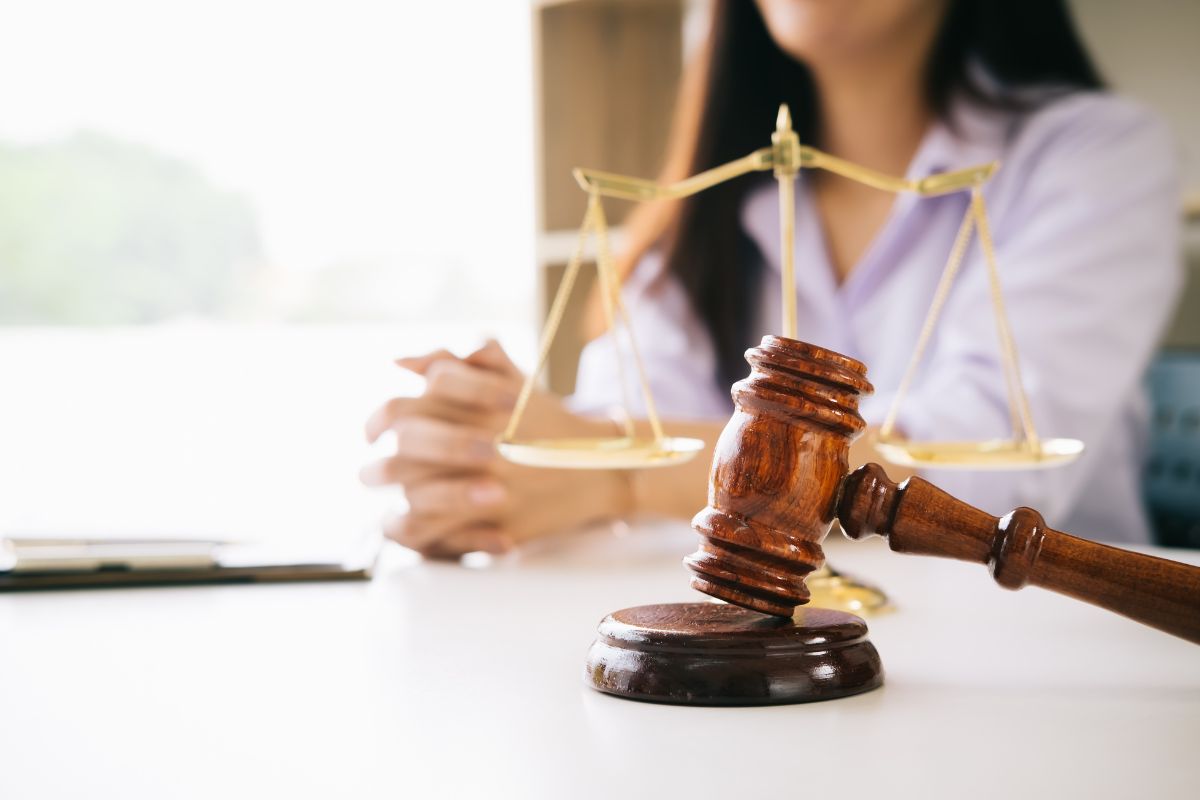
Expand Legal Aid Reach With Mobile Clinics
Access to legal help can mean the difference between safety and risk, freedom and detention, or security and poverty. Yet many people who need legal aid the most can’t reach it—because of cost, distance, or lack of awareness. That’s where mobile legal clinics come in. They bring help to the people instead of waiting for people to find it.
Mobile legal aid clinics are vans, buses, or pop-up tents staffed with trained legal workers who visit rural villages, underserved neighborhoods, or displaced communities. These clinics are not just a clever fix—they’re a real solution for bridging the access gap in legal services.
Why Mobile Clinics Make a Real Difference
- They bring legal services to places where there are no lawyers or legal offices nearby.
- They help people who may not know their rights or how to ask for help.
- They serve as entry points for bigger support networks—like housing assistance, protection orders, or asylum applications.
By showing up where the need is, mobile legal teams make justice more visible, accessible, and practical.
Reaching Rural and Isolated Communities
In many regions, people travel hours to reach a courthouse or lawyer. This journey is costly and time-consuming—especially for farm workers, elders, or those without transportation.
Mobile legal aid helps close that distance. Clinics can park near markets, schools, or local events, offering walk-up services that meet people in their daily lives. Some teams travel on fixed schedules, while others respond to community requests or emergencies.
This approach turns legal help from a faraway idea into a nearby, trusted resource.
Serving Marginalized Populations
People in informal settlements, refugee camps, or remote indigenous territories often face multiple barriers to legal support. Language, legal literacy, fear of authority, and cultural stigma all play a role.
Mobile clinics often include translators, paralegals, and counselors who reflect the communities they serve. This builds trust and makes it easier to address sensitive issues—like land claims, domestic violence, labor rights, or migration status.
Creating a safe, welcoming space—whether inside a van or under a tent—can open the door to conversations that otherwise wouldn’t happen.
Offering More Than Legal Advice
Mobile legal aid isn’t just about answering questions. It’s about taking action.
These clinics can help people fill out forms, write affidavits, or connect with government offices. Some provide notary services or legal referrals. Others focus on urgent issues like eviction defense, birth certificate corrections, or family reunification.
Many teams also provide printed materials, phone numbers, or follow-up support—so that a one-time visit turns into long-term guidance.
Building Legal Awareness Through Outreach
Legal literacy is one of the most powerful tools for justice. When people know their rights, they’re more likely to defend them.
Mobile clinics often double as education hubs. They hold group sessions, hand out flyers, or speak at schools and town halls. Topics can include tenant rights, workplace safety, child protection, or how to deal with police encounters.
By raising awareness in a familiar setting, these outreach efforts reach people who might never walk into a courtroom—but who still deserve to understand the laws that shape their lives.
Responding Quickly in Times of Crisis
During floods, fires, or political unrest, legal issues don’t go away—they grow. People may need help replacing lost documents, filing emergency claims, or navigating new rules.
Mobile legal teams are flexible and fast. They can deploy to crisis zones, set up on short notice, and adapt services based on urgent needs. Their mobility means they don’t rely on stable buildings or power grids to operate.
In post-disaster recovery, mobile clinics play a key role in helping families protect property, access aid, or deal with insurance and identification.
Using Technology to Extend Their Reach
While mobile clinics are physical, they increasingly rely on tech to stay organized and efficient. Tablets or mobile apps help with data collection and case management. Some clinics connect with lawyers via phone or video if legal advice is needed on the spot.
SMS services or hotline numbers allow people to follow up or schedule visits. Some organizations even share clinic schedules through social media or community radio.
These tools don’t replace face-to-face help—but they make each visit more efficient and accessible.
Training Local Advocates Along the Way
Another benefit of mobile clinics is the chance to train community members. Some clinics invite volunteers to shadow their work or offer brief legal training sessions for grassroots leaders.
These local advocates can carry the work forward—answering basic questions, referring neighbors, or helping with paperwork in between clinic visits.
By building community capacity, mobile legal aid helps people not only access justice but also become part of it.
Challenges and How to Address Them
Running a mobile legal clinic isn’t always easy. Logistics, funding, staffing, and safety all require planning. Roads may be rough, and equipment may break. In some areas, political pressure or resistance makes it hard to operate freely.
But many organizations find ways to adapt—through partnerships with local NGOs, flexible routes, and support from law schools or legal aid networks. Consistent communication with local communities helps manage expectations and build support.
When mobile clinics listen closely and respond with care, they build trust that lasts beyond any single visit.
Moving Toward More Inclusive Justice
Legal aid shouldn’t be a luxury or a distant promise. It should be present, practical, and within reach of everyone—especially those most often left out.
Mobile clinics help make that happen. They put justice on wheels, and they prove that where people live shouldn’t decide whether they get help.
As more groups recognize the value of mobile legal services, the movement grows. And with every stop, every form filled, and every person heard, access to justice becomes not just a goal—but a lived experience.
